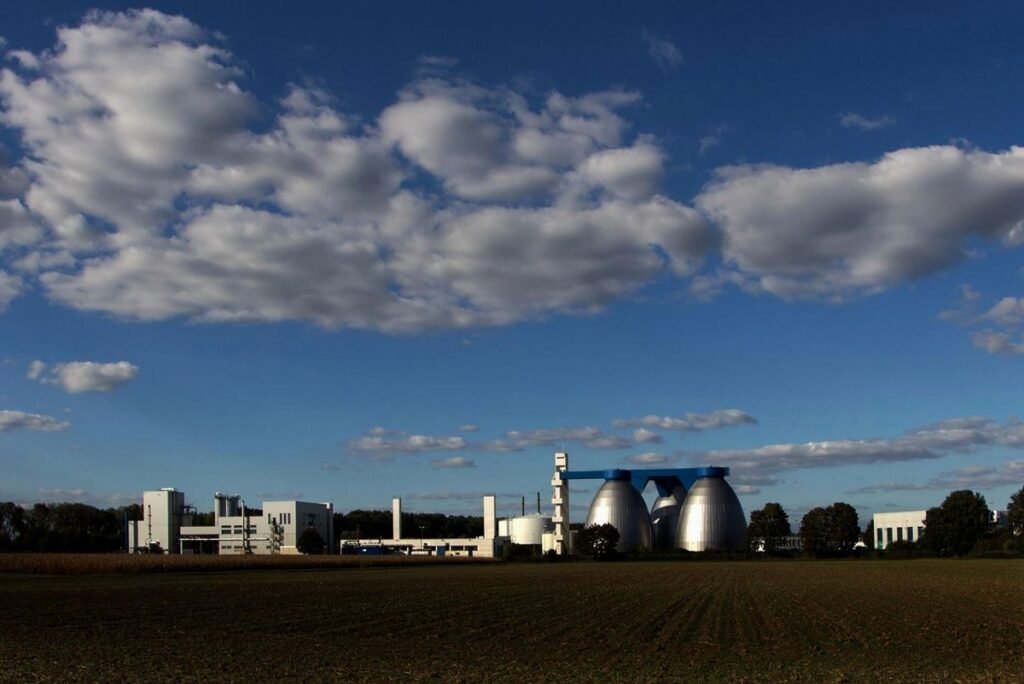The EU Commission has announced plans to set up a Critical Chemical Alliance to address risks of capacity closures in Europe’s chemical industry as part of an action plan to stregthen the sector.

The Action Plan for the Chemicals Industry addresses high energy costs, unfair global competition, and weak demand in the EU chemical sector, while promoting investment in innovation and sustainability. Accompanying the plan is a simplification ‘omnibus’ on chemicals to streamline and simplify key EU chemicals legislation, alongside a proposal to strengthen the governance and financial sustainability of the European Chemicals Agency (ECHA).
The Critical Chemical Alliance will identify critical production sites needing policy support and tackle trade issues like supply chain dependencies and distortions. The Commission will also apply trade defence measures to ensure fair competition, while expanding chemical import monitoring through the existing Import Surveillance Task Force. The Alliance will align investment priorities, coordinate EU and national projects and support EU critical production sites to boost innovation and regional growth.
Implementation of the Affordable Energy Action Plan will be speeded up to help reduce high energy and feedstock costs.
There will be fiscal incentives and tax measures to boost demand for clean chemicals. The upcoming Industry Decarbonisation Accelerator Act will set EU content and sustainability rules to support market growth and clean technology investment. The upcoming Bioeconomy Strategy and Circular Economy Act will boost the EU’s resource efficiency, chemicals recycling, and strengthen the market for bio-based and recycled alternatives to fossil-based inputs.
Finally, the plan reaffirms EU commitment to minimise PFAS emissions through a robust, science-based restriction, while ensuring continued use in critical applications under strict conditions where no alternatives are available which will be proposed swiftly after ECHA’s opinion.
The Commission’s sixth simplification omnibus to reduce compliance costs and administrative burden for the chemical industry while ensuring strong protection of human health and the environment. This includes simplifying hazardous chemical labelling rules, clarifying EU cosmetics regulations, and easing registration for EU fertilising products by aligning information requirements with standard REACH rules for chemicals. These measures are expected to save at least €363 million annually for the industry.
The proposal for the ECHA Basic Regulation equips ECHA with the resources, flexibility, and structural adaptations required to fulfil the duties under its growing mandate, which now includes responsibilities under multiple EU regulations, namely spanning classification and labelling, biocidal products, import and export of hazardous chemicals, waste management and water.